The Year 2015 for PIAP. "Domestic and Export Contracts, Technology Development"
It was a successful year for the Industrial Research Institute for Automation and Measurements (PIAP). During the year 2015, several deliveries for the Polish and foreign security and uniformed services took place, including the Polish Border Guard. Industrial Research Institute for Automation and Measurements also participated in tenders related to procurement of robots for the armed forces, which led to submission of export orders.
Industrial Research Institute for Automation and Measurements, among the most important orders, includes the delivery of its two Ibis bomb disposal robots which were received by the Border Guard units from Poznan and Katowice. Works pertaining to more orders were also carried out to meet the expectations of a number of foreign entities. The Institute has been involved in the tendering procedures announced by South Korea, Nigeria and Pakistan. As a result of the above, the Polish company also received export orders concerning the delivery of the PIAP Gryf and PIAP Sout robots, from the armed forces of the aforesaid states.
The purpose of the Ibis robot is to be operated in bomb-threat conditions, allowing the user to pick-up, transport and remotely neutralize luggage and packagings, should a suspected threat emerge. Ibis may be operated inside airliners, airport terminals, luggage sorting areas, within car parks and runways, namely in the airport areas where a need to verify and neutralize potentially dangerous packaging may emerge.
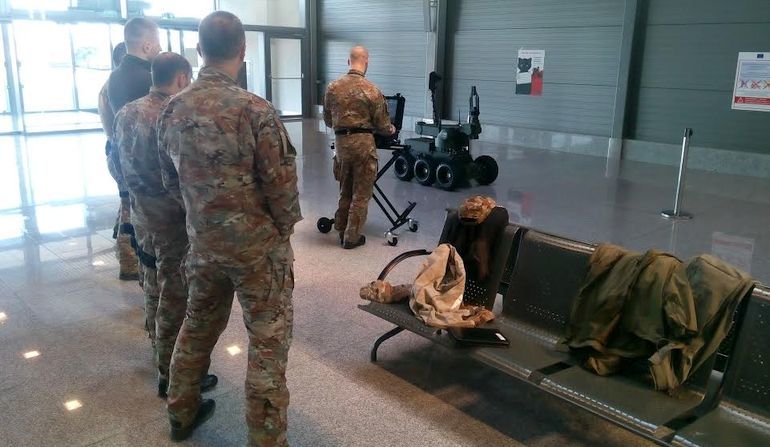
The robots in question may also be fitted with extra equipment such as disrupters, X-Ray scanners, ABC (CRBN) sensors or explosives detectors. The Ibis’s long operational range is one of its advantages, keeping the operator safe and allowing him to work in comfort.
Since 2011, the said robot has also been used at the Polish airports, with Warsaw Chopin Airport being the first one to use the PIAP’s system. Ibis device has been acquired for the Okęcie Airport Border Guard unit by the Mazovian Voivodeship authorities.
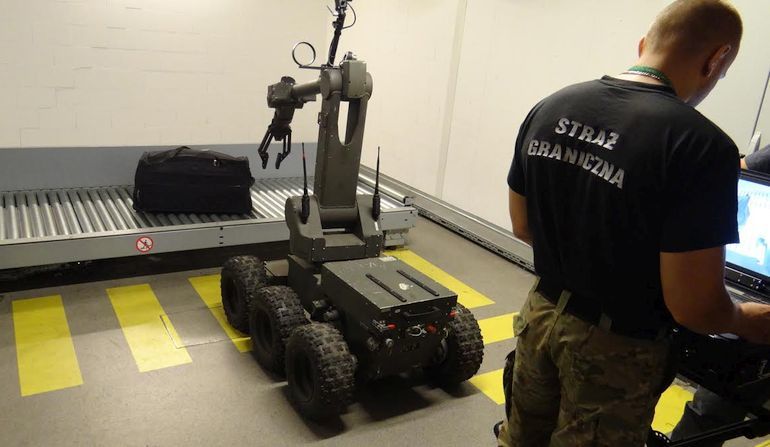
Airports and Border Guard utilize other technologies developed by PIAP, which, as mentioned above, have also been exported abroad. The aforesaid technologies include mobile bomb disposal robots (Gryf), neutralizing-support robots (Expert), TRM thrown robot (which is supporting operations in hardly accessible and dangerous areas), as well as Explorer inspection device.
Recently, the Industrial Research Institute for Automation and Measurements has been expanding its offer with accessories that could potentially be used to counter the ABC (CRBN) threats, special vehicles and counter-terrorist operation support devices, such as the Fenix robot. The company hopes to maintain the sales value, during the year 2016, at least at the level that has been attained so far.
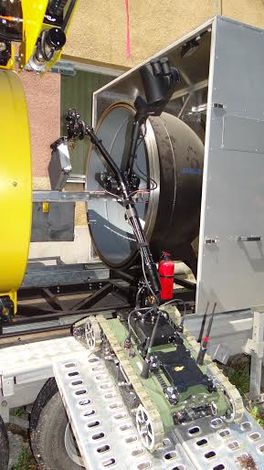
The Industrial Research Institute for Automation and Measurements PIAP is a facility dealing with robotics, automation and measurements. It has been established in 1965, in Warsaw. More than 300 experts work at the HQ of the facility in the capital city of Poland. They are carrying out high-tech R&D works in interdisciplinary teams.
PIAP is also the first manufacturer in Poland, who is carrying out production of mobile special robots, with a particular focus given to the needs and requirements of the counter-terrorists and bomb disposal units. Products manufactured by the Industrial Research Institute for Automation and Measurements are used in several countries in Europe, Asia and Africa.
However, the offer proposed by PIAP is not limited only to modern robotics. The customers of the Institute may also make use of services in the area of industrial automatics, robotizing of the assembly lines and stations, automation of assembly processes, inter-operation transport system, weighing and dosing systems, visual inspection devices and IT and space technologies or 3D printing.
The institute has been awarded in the area of innovation, and it has received awards such as “Polski Produkt Przyszłości” (Polish Product of the Future), Defender, and it was nominated to receive the Polish President’s Economic Awards. Finally, the centre also received medals at the international innovation expos is Brussels, China or Moscow.



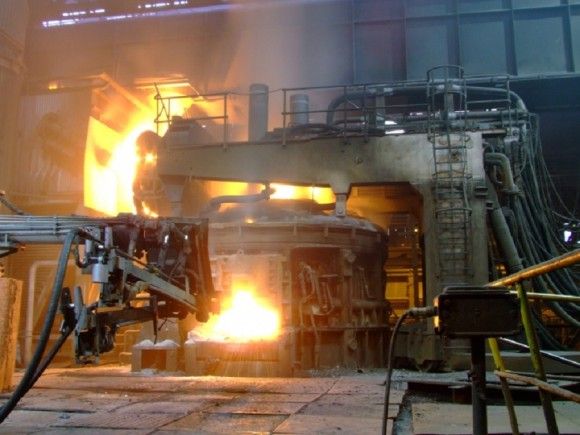
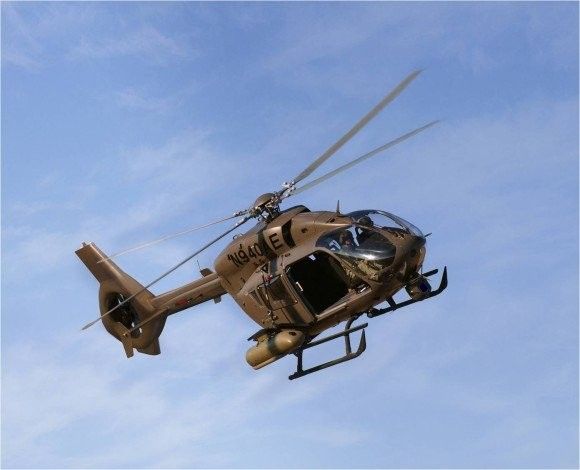
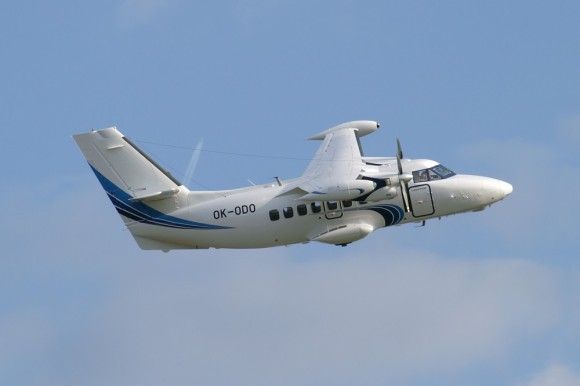
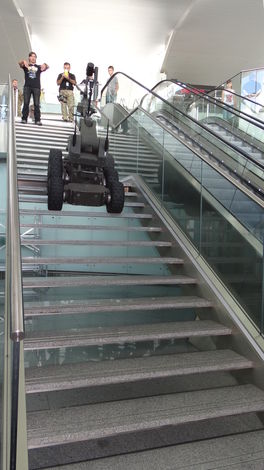
WIDEO: Defence24 Days 2025: Premier Defence & Security Conference in CEE